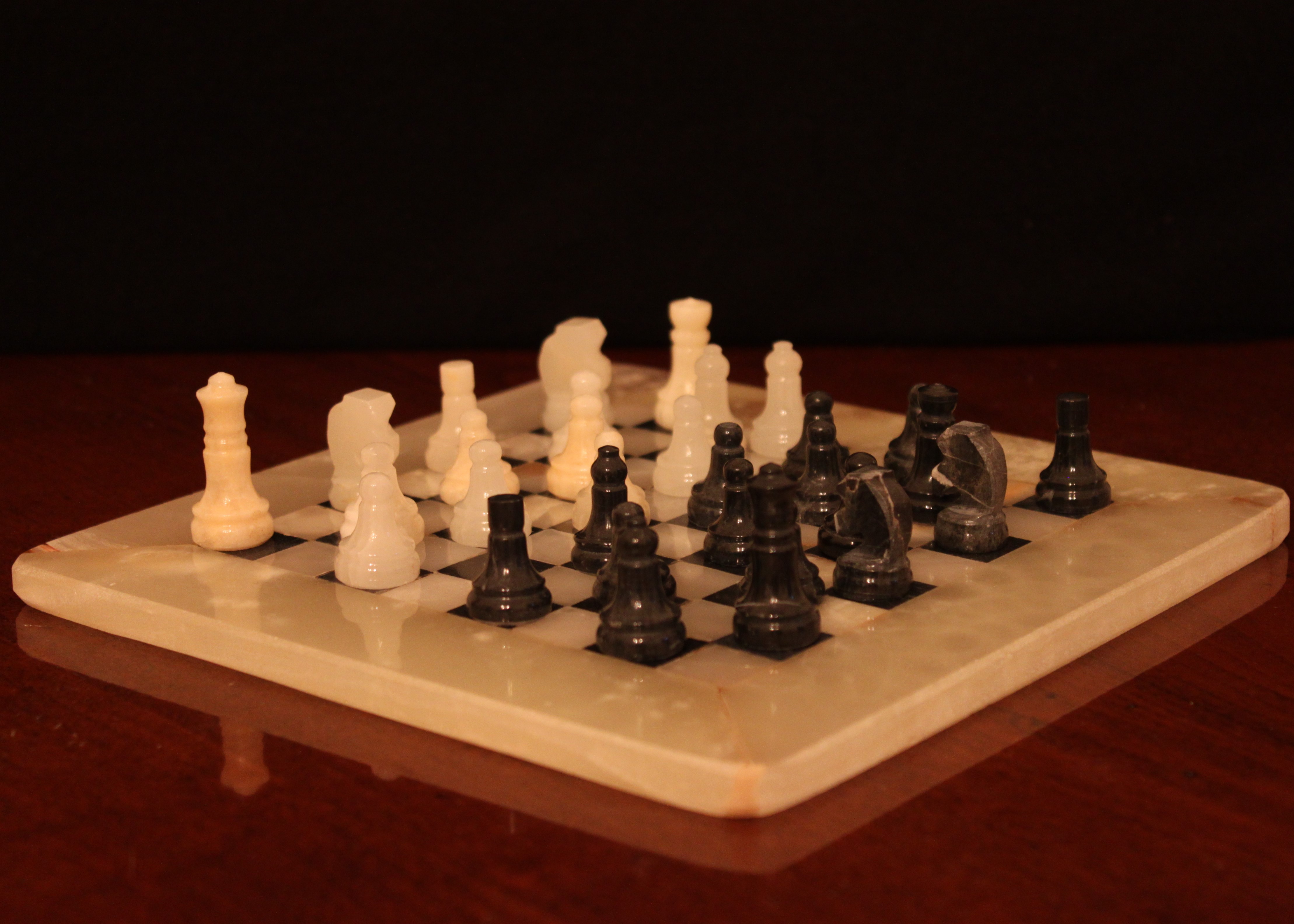
 Eleonora Gavaz
Eleonora Gavaz
Great Italians of the Past: A Christmas Eve on a chessboard
- WTI Magazine #134 Dec 17, 2020
-

 Eleonora Gavaz
Eleonora Gavaz
Did you know that Christmas isn’t just a day but it’s a frame of mind?!
And it’s to celebrate this frame of mind that we’ve decided to tell you about three unforgettable italians this month. It’s been a challenge year for everyone, but I think it’s time to roll our sleeves up again and put us back in the game stronger than before so as King Vittorio Emanuele II, Cavour and Garibaldi did during the 1855 Christmas Eve in Turin.
Vittorio Emanuele II was King of Sardinia from 1849 until 17 March 1861, when he assumed the title of King of Italy and became the first king of a united Italy since the VI century, a title he held until his death in 1878. Borrowing from the old Latin title Pater Patriae of the Roman emperors, the Italians gave him the epithet of Father of the Fatherland (Italian: Padre della Patria). Born in Turin as the eldest son of Charles Albert, Prince of Carignano, and Maria Theresa of Austria, he fought in the First Italian War of Independence (1848-49) before being made King of Piedmont-Sardinia following his father's abdication. He appointed Camillo Benso, Count of Cavour, as his Prime Minister, and he consolidated his position by suppressing the republican left.
Camillo Benso, Count of Cavour, was an Italian political leader and an important figure in the movement toward Italian unification. He was one of the leaders of the Historical Right, and Prime Minister of the Kingdom of Piedmont–Sardinia, a position he maintained (except for a six-month resignation) throughout the Second Italian War of Independence and Giuseppe Garibaldi's campaigns to unite Italy. After the declaration of a united Kingdom of Italy, Cavour took office as the first Prime Minister of Italy.
Last but not least Garibaldi, was an Italian general, patriot and republican. He contributed to the Italian unification and the creation of the Kingdom of Italy. He is considered to be one of the greatest generals of modern times and one of Italy's "Fathers of the fatherland", along with Camillo Benso, Count of Cavour, Vittorio Emanuele II of Italy and Giuseppe Mazzini. Garibaldi is also known as the "Hero of the Two Worlds" because of his military enterprises in South America and Europe.
There’s something really important that these three excellent men had in common: the Italian unification! Something that probably all of us should keep in mind. Fighting for something we believe in. Of course, now the meaning of fight is different from that time. Fight means just not to give up on what it’s important, not to give up on a country that is still asking for help and there’s no better time than Christmas and the end of 2020 to start watch ourselves in the mirror and decide to start again!
Back to the Christmas Eve of our story: Vittorio Emanuele invited his Prime Minister Cavour and Garibaldi for a chess game, discussing the future of the Italian Unification.
Chess is a two-player strategy board game played on a chessboard, a checkered board with 64 squares arranged in an 8×8 grid. Chess is believed to be derived from the Indian game chaturanga. Chaturanga is also the likely ancestor of the East Asian strategy games xiangqi (Chinese chess), janggi (Korean chess), and shogi (Japanese chess). Chess reached Europe via Persia and Arabia.
Play involves no hidden information. And this is why they decided to play it. They were stuck on big decisions without coming to a solution. Vittorio Emanuele II and Garibaldi got 16 pieces each: one king, one queen, two rooks, two knights, two bishops, and eight pawns. Each piece type moves differently, with the most powerful being the queen and the least powerful the pawn. The objective is to checkmate the opponent's king by placing it under an inescapable threat of capture. To this end, a player's pieces are used to attack and capture the opponent's pieces, while supporting one another. During the game, play typically involves exchanging pieces for the opponent's similar pieces, and finding and engineering opportunities to trade advantageously or to get a better position. In addition to checkmate, a player wins the game if the opponent resigns! Cavour was the witness between the king and Garibaldi.
No one really knows what happened, but they actually came to a decision as gentlemen who wanted the same thing: a united Italy!
So, of course we can’t put the chances of a country in a game, but the most important thing here is that they played with logic, using their mind rather than fight. Between 1848 and 1861 Turin was the epicenter of a new political and economic movement inspired by new models of freedom and unification.
Beyond their antagonism, these three protagonists of the Italian Renaissance became, each according to his own personality very different from the other ones, the beliefs and truly conceptions of the role of the leader and of the masses in the struggle for Italian unification.
This is what really matters, being able to put our personal beliefs apart for common, bigger goal. Let’s celebrate this Christmas for what it really is, moving our pieces on the checkered board of life, without taking ourselves too seriously…after all Vittorio Emanuele II, Cavour and Garibaldi didn’t take themselves too seriously either, but they did come up with the unification of the nation!
Happy Holidays!